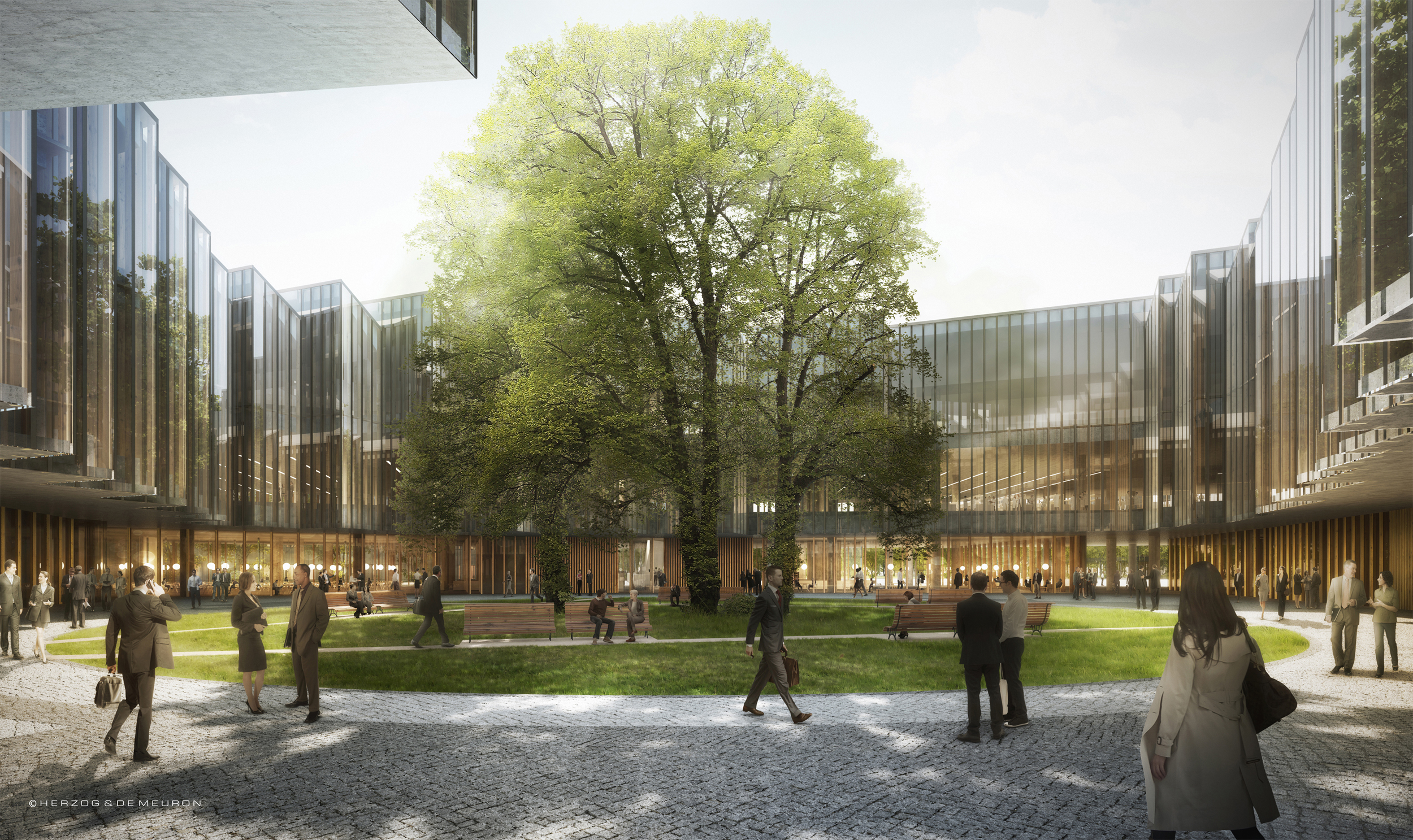AstraZeneca's Cambridge R&D site build running years late

Construction of AstraZeneca’s new global research headquarters in Cambridge is running years behind schedule and millions of pounds over budget.
The UK pharma said on its website that the key “topping out” ceremony has taken place at the HQ, celebrating the moment when the roof of the building is in place.
But back in February 2015, when AZ announced that Cambridge City Council had granted planning permission for the new building, the company said it expected the site to become operational at the end of 2016.
AstraZeneca has sold off its former research park in Alderley Park, Cheshire, and relocated key staff to Cambridge.
However the BBC has reported that costs have increased from £300 million to £500 million because of increased expenditure on technology and equipment.
Staff are not expected to move in until late next year and will not be fully operational until 2019, the company said.
However Soriot said the delay was “relatively marginal”, telling the BBC that “a site of that size always has issues”.
“We have made enormous progress in the last three years and it is building very quickly,” said Soriot.
The site will employ around 2,000 staff, most of which are already based in Cambridge – and Soriot said the company plans to increase that number once the building opens.
The rationale behind the move is to bring AZ’s research close to Cambridge University, seen as one of the world’s leading life sciences research centres, and the city’s Addenbrookes Hospital, an important centre for clinical trials in the National Health Service.
A joint research centre with the Medical Research Council will also be at the site, which will also encourage collaboration with scientists at Cambridge University.
AstraZeneca’s MedImmune unit is already based in Cambridge and the move is a key part of the company’s plan to reinvigorate its pipeline as several key drugs go off patent, such as cholesterol drug Crestor (rosuvastatin).
The delay to the new HQ's construction is indeed relatively marginal to the challenge AstraZeneca has set itself in growing revenues.
Soriot hopes that a new generation of cancer and respiratory drugs will help the company achieve a sales target of $45 billion by 2023. This remains a major challenge as revenues last year stood at $23 million, and are set to stand still this year, held back the expiry of AstraZeneca's last older generation blockbuster, Nexium.
The company presents its Q1 figures tomorrow, and is banking on new drugs, such as lung cancer treatment Tagrisso to fuel its growth.













